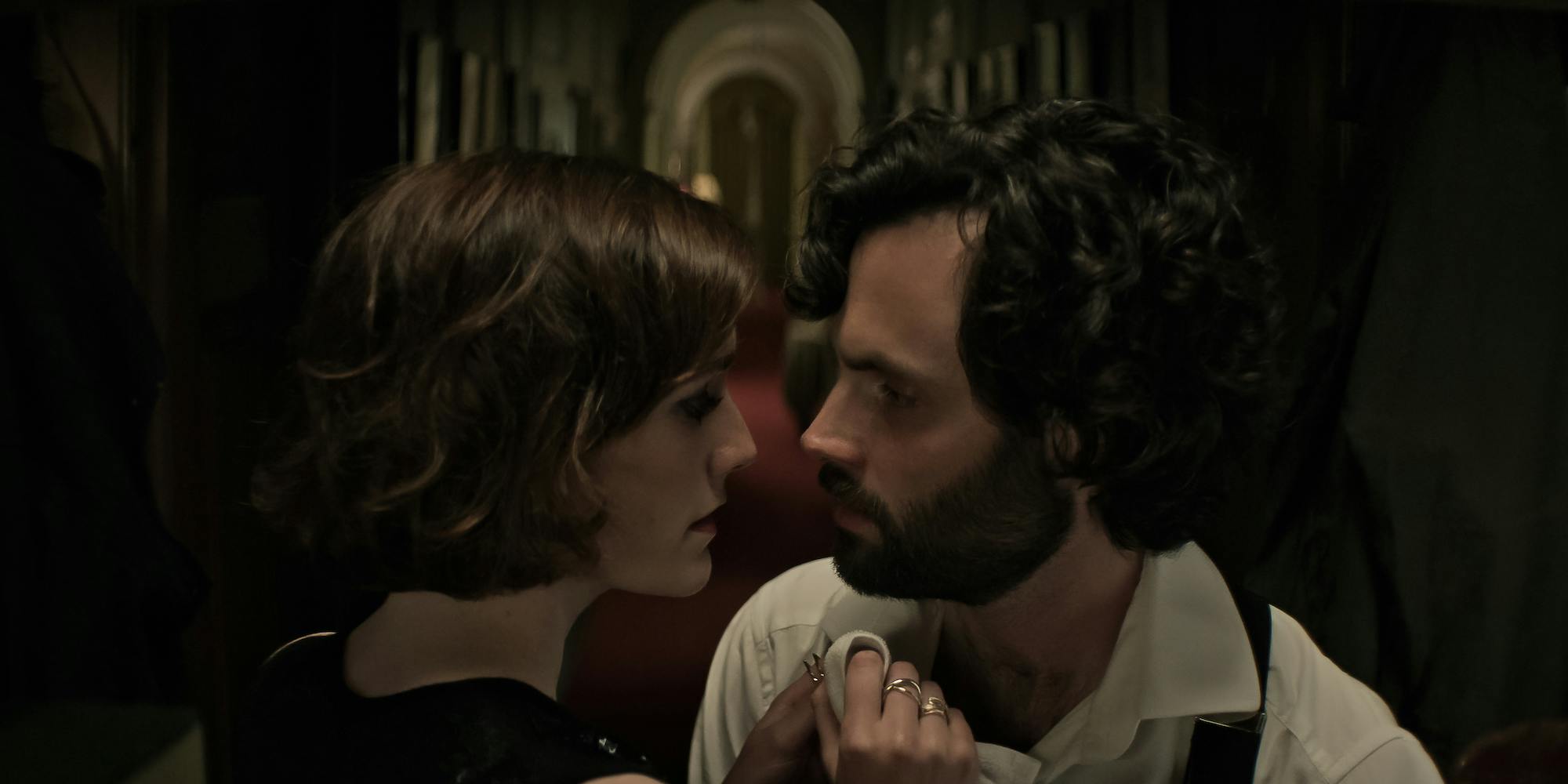Analysis
As we covered earlier this week, there’s been an ongoing discourse online about sex (or the lack of it) in TV and movies. Penn Badgley, currently the star of Netflix’s You, helped reignite the discussions after the actor said he chose to cut back on the amount of intimate scenes in the popular series. And now people are arguing if sex scenes are actually necessary in media.
“I must weigh in on this ‘sex scenes in movies/TV discourse’ to say that anyone who thinks there’s too much of it or that it’s unnecessary to storytelling would simply burst into flames watching five minutes of french media,” tweeted Chelsea Fagan. “It’d be like giving a dorito to a medieval peasant.”
“I dunno I think you guys will like sex scenes more when you don’t have to watch them with your parents,” wrote @thejstoobs.
That last tweet is referencing how many of the vocal detractors of sex scenes in TV/movies appear to be coming from young people. But it isn’t just a straightforward generational divide; some people really don’t like watching sex scenes. That’s fine!
But where the discourse started to go off the rails is when people started mentioning the Hays Code, which kept movies free from nudity, graphic violence, and more from 1934 to 1968. But the guidelines were also racist and homophobic, as they kept out storylines involving LGBTQ characters and interracial relationships.
It’s very unlikely that the film industry will ever revert back to this kind of censorship, but that didn’t stop people from freaking out on social media.
“It really feels like something got flattened out in recent years,” wrote Racquel Gates, an associate film professor at Columbia University, on Twitter. “Understanding that film is an affective medium does not mean that film is responsible for every combination of emotions that a person may experience while watching.”
Why it matters
We’re living during a time when there’s more scripted content than ever before. A lot of that content is also easily accessible on streaming services. That means a lot of people will come across TV shows or movies that don’t speak to them—or will make them uncomfortable.
The solution here is to turn off the program and find something else to watch, not enact restrictions.

